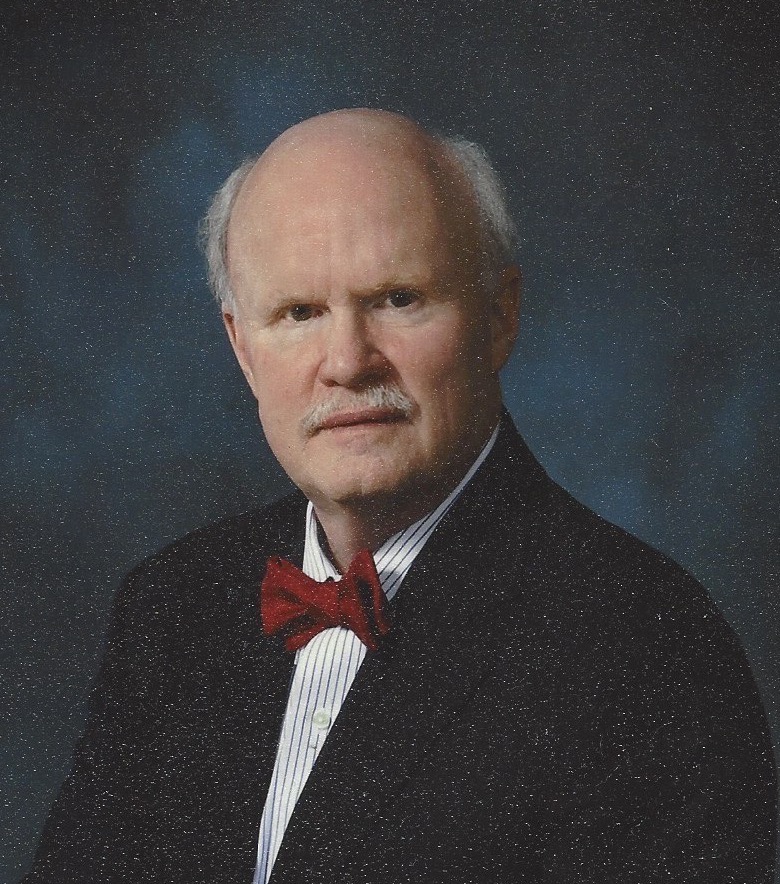
William Leahy
Chevy Chase, MD
While serving as a clinical neurologist working on dementia, I discovered that more geriatric adults were experiencing cognitive, physical, and emotional decline, yet living longer. That meant there was a growing need for more and better care for these patients.
At the same time, many at-risk teens in my community did not have meaningful opportunities for higher education. I was determined to find a way to solve these two problems.
 I did it by creating The High School Home Health Educational Foundation, which offers free health career training to high school seniors in an after school setting. The program lasts 18 weeks using a curriculum and textbook I authored (“Providing Home Care” now in its 4th edition.) With classes on weekends, it prepares students for certification as Certified Nursing Assistances, geriatric nurses and home health aides. The program also prepares them to search for opportunities throughout the health care industry, but this educational curriculum will allow them to get their “feet in the door.”
I did it by creating The High School Home Health Educational Foundation, which offers free health career training to high school seniors in an after school setting. The program lasts 18 weeks using a curriculum and textbook I authored (“Providing Home Care” now in its 4th edition.) With classes on weekends, it prepares students for certification as Certified Nursing Assistances, geriatric nurses and home health aides. The program also prepares them to search for opportunities throughout the health care industry, but this educational curriculum will allow them to get their “feet in the door.”
As a practicing neurologist, I have seen the increasing demands for home health assistants. As a society, we have an expanding base of elderly with physical, cognitive or emotional demands and a limited supply to meet these demands. The secondary education institutions in our area did not have “practical” or meaningful instruction in health care, so my interest was in developing the curriculum to meet the needs.
This has been a “win-win-win.” The high schools with whom we partner do not have to interrupt their daily schedule, nor are there any financial demands on them in running the program. For the students who are recruited, we have both educated, but also mentored them, for entry into the health care industry and meaningful employment. For the patients, clients and families of the elderly whom they serve, this program has been a “win.”
As we age, we develop a different perspectives on societal problems. Our experiences, instincts and resources should be used to analyze and solve issues. In working with teen-agers, I have found that, if you raise the bar, they can meet or surpass the expectations.